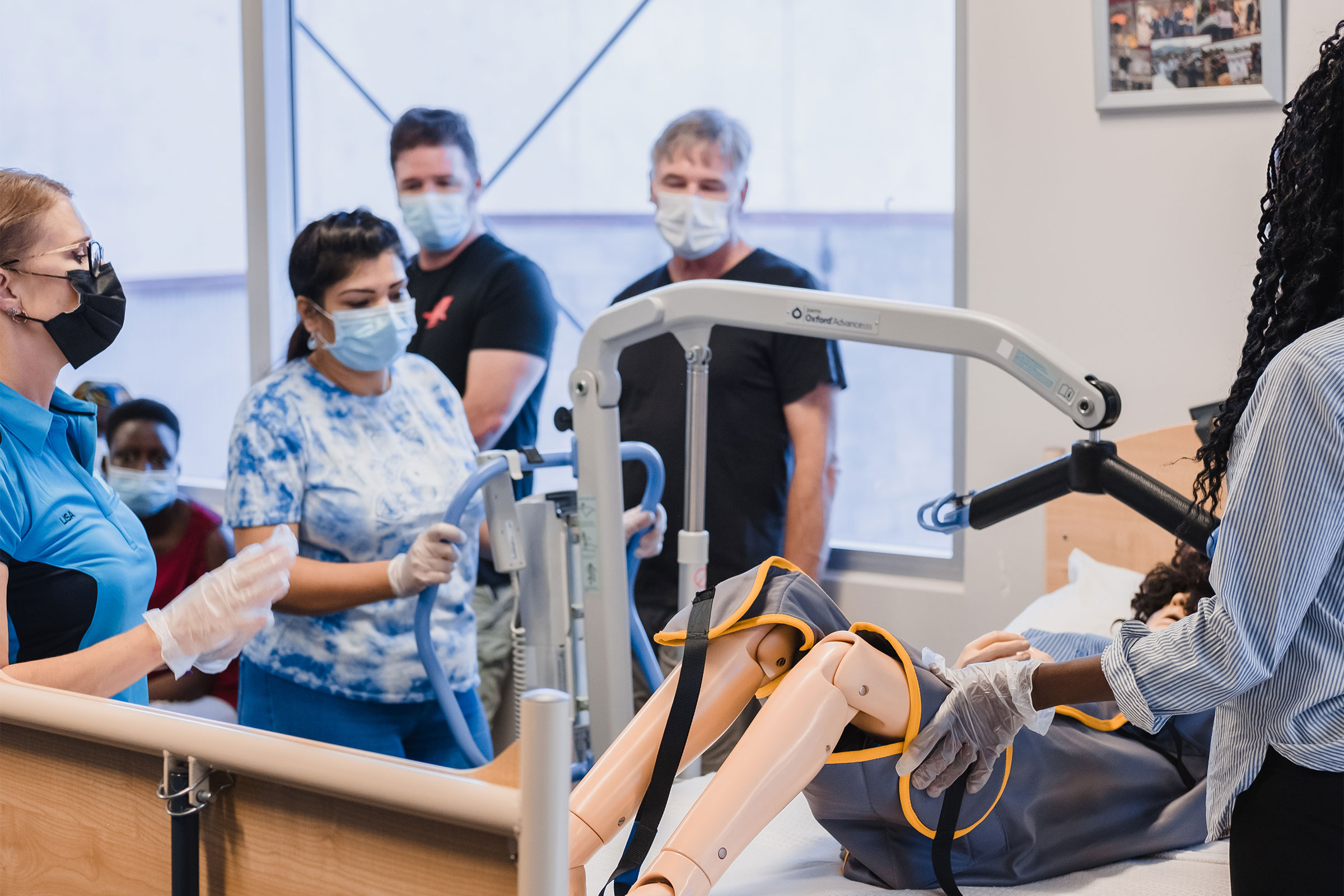Navigating the journey of taking care of someone with a stoma can be as difficult as it is fulfilling. With the appropriate understanding and tools, carers can dramatically improve the quality of life for their loved ones or clients. This article intends to provide comprehensive guidance on taking care of stoma care effectively, offering essential pointers and understandings tailored for caretakers.
What is a Stoma? Understanding the Basics
A stoma is an operatively created opening in the body that enables waste to leave when normal bodily features are disrupted. This can take place because of numerous clinical conditions, consisting of cancer, inflammatory digestive tract illness, or stressful injury. The stoma links the gastrointestinal system or urinary system to the outside world, facilitating waste elimination.
Types of Ostomies
Colostomy: An opening from the colon. Ileostomy: An opening from the ileum (component of the little intestine). Urostomy: An opening from the urinary system system.Each kind calls for particular care protocols, making stoma treatment training for carers essential.
The Importance of Stoma Care Training for Carers
Stoma care training outfits carers with required skills and knowledge to offer ideal care to individuals with ostomies. This training not just enhances caregivers' self-confidence however likewise guarantees they can manage complex bowel care effectively.
Why Buy Complex Bowel Care Training?
- Enhanced Knowledge: Understand different kinds of stomas and their specific needs. Improved Treatment Techniques: Find out ideal practices in stoma management. Support Networks: Connect with other carers and professionals.
Investing in programs like the NDIS complex bowel care training can significantly profit both caregivers and those they assist.
Navigating Stoma Adjustments: Important Tips for Carers
When caring for an individual with a stoma, it's vital to navigate modifications efficiently. Here are some crucial ideas that every carer should consider:

1. Maintain Open Communication
Open discussion between you and your customer or enjoyed one results in better understanding and assistance. Regular check-ins enable you to recognize any issues very early on.
How Can I Urge Communication?
Encourage questions regarding their experience with their stoma. Produce a risk-free space where they feel comfy discussing any discomfort or issues they may face.
2. Understand Ostomy Care Supplies
Familiarize yourself with numerous ostomy items available on the market, consisting of bags, adhesives, and skin barriers customized for various sorts of stomas.
What Prevail Ostomy Products?
- Pouching systems Adhesive removers Skin barrier creams
Having an extensive understanding will certainly help you choose suitable products throughout your Go to this website caregiving journey.
3. Routine Skin Care Routine
Proper skin treatment around the stoma is vital to avoid irritation and infections. Establishing a routine is key.
What Needs to My Regular Include?
- Cleaning the area gently Applying skin barrier paste if needed Monitoring for indications of irritation
Keeping an eye on skin disease will help make sure lasting health and wellness for people with ostomies.
4. Take Care Of Dietary Adjustments
Diet plays a significant duty in taking care of outcome from a stoma. Understanding which foods might create gas or obstructions can make life much easier for both carers and patients.
How Can Diet regimen Impact Stoma Care?
Certain foods might result in increased outcome or odor; thus dietary changes might be needed based on individual tolerance levels.
5. Emotional Support Is Key
Caring for somebody post-surgery can be mentally straining for both celebrations entailed. Supplying emotional assistance helps ease stress and anxiety pertaining to way of living changes.
How Can I Supply Psychological Support?
Listening proactively and verifying sensations can make a substantial distinction in just how individuals cope with their brand-new reality post-stoma surgery.
Training Opportunities Available for Carers
There are numerous training courses offered created especially for enhancing skills connected to bowel care management:
Complex Bowel Treatment Training course Overview
These programs cover various topics such as dealing with emergencies, acknowledging problems, and creating individualized treatment plans based on person background-- essentially forming a strong structure upon which reliable caregiving can be built.
Stoma Care Training Programs
Programs concentrating especially on ostomy management will delve deeper right into techniques tailored in the direction of keeping healthy and balanced stomal sites while making sure comfort during everyday activities.
Practical Tips for Managing Day-to-day Challenges
Every day provides brand-new challenges when looking after someone with a stoma. Right here are practical strategies that might assist:
1. Organize Supplies Efficiently
Maintain an arranged supply station where all essential things are easily obtainable during changing routines.
What Products Ought to Be Included?
- Spare pouches Adhesive strips Cleaning wipes
An efficient setup conserves time and minimizes stress and anxiety during bag changes!
2. Educate Self-Care Techniques
Empower your client by educating them how to manage their own ostomy if they are able; this promotes self-reliance and self-confidence over time.
What Self-Care Techniques Need to Be Taught?
Start by demonstrating pouching methods prior to permitting them hands-on method under guidance up until they really feel comfy doing it themselves!
FAQ Section
1. What is an ostomy?
An ostomy is an operation that develops an opening (stoma) enabling waste or urine to leave when regular physical features can not take place due to medical issues like cancer cells or inflammatory digestive tract diseases.
2. How often need to I change an ostomy bag?
Typically, ostomy bags need transforming every 3-- 7 days relying on private situations; nevertheless, always get in touch with healthcare providers regarding certain referrals tailored toward everyone's needs!
3. Can diet plan impact my stoma?
Yes! Specific foods may lead to gas accumulation or obstructions affecting general comfort degrees; as a result efficient dietary monitoring contributes substantially toward improved lifestyle post-surgery!
4. What indications indicate complications?
Signs may include soreness around stomas (showing possible infection), extreme leak from pouches indicating bad seal adherence/fit and so on-- timely interest should be sought if observed!
5. Exist support networks available?
Absolutely! Several companies supply sources connecting people coping with ostomies & & caregivers alike providing guidance/emotional support via shared experiences fostering neighborhood bonds!
6. Where can I discover bowel care courses?
Look into local wellness companies providing specialized training possibilities covering every little thing from standard concepts up via progressed strategies focused only upon complicated situations involving nuanced needs surrounding bowel management scenarios!
Conclusion
Caring for someone navigating life adjustments as a result of having undertaken surgical treatment causing creation of a synthetic leave point necessitates perseverance coupled together with notified understanding got through devoted academic campaigns such as those supplied via NDIS complex bowel care training opportunities along side various other appropriate coursework choices offered today! By carrying out these techniques reviewed throughout this write-up while remaining attentive towards all natural wellness including emotional aspects as well-- carers will most certainly find themselves far better outfitted at efficiently offering compassionate assistance allowing smoother transitions experienced by those delegated within their qualified hands!

In recap, navigating these waters takes some time however being positive translates directly right into favorable end results-- both physically & & emotionally-- for everybody involved!